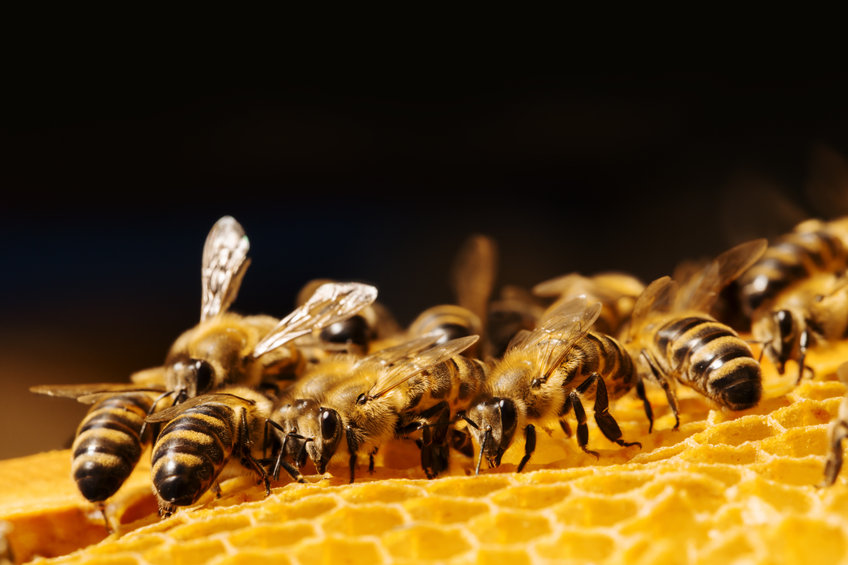
Beekepers in Perthshire have been told to increase biosecurity after an outbreak of American Foulbrood (AFB) was found in a single hive near Blairgowrie.
The infected hive was discovered by the Scottish government's bee inspectors during inspection duties, the government said.
AFB is a notifiable disease that affects colonies of honeybees. The infected hive will be destroyed as there is no permitted treatment for the disease in the UK.
The highly infectious disease was confirmed by authorities on Thursday 19 May, making it the first finding of AFB in Scotland this year.
In 2021 there were 10 honey bee colonies confirmed positive for AFB in Scotland, in 10 different apiaries and belonging to three different beekeepers.
Beekeepers within 3km of the affected hive have been alerted via BeeBase and encouraged to bolster biosecurity, the Scottish government said.
Chief Veterinary Officer for Scotland, Sheila Voas said beekeepers should remain vigilant for signs of the disease at all times.
“There is no treatment permitted in the UK for AFB and therefore the bees, combs or bee products from the hive are required to be destroyed (by burning).
"The hive, debris from the hive and any appliances or other things liable to spread the disease will be served with a notice requiring either treatment (sterilization) or destruction.
“The movement of bees and related equipment into, or out of, the affected apiary will be under specific controls supervised by Scottish government and will include enhanced biosecurity measures and increased vigilance in the area.
“I would reiterate that while this is disappointing, there are no risks to public health from AFB and no implications for the quality and safety of Scottish honey.”
